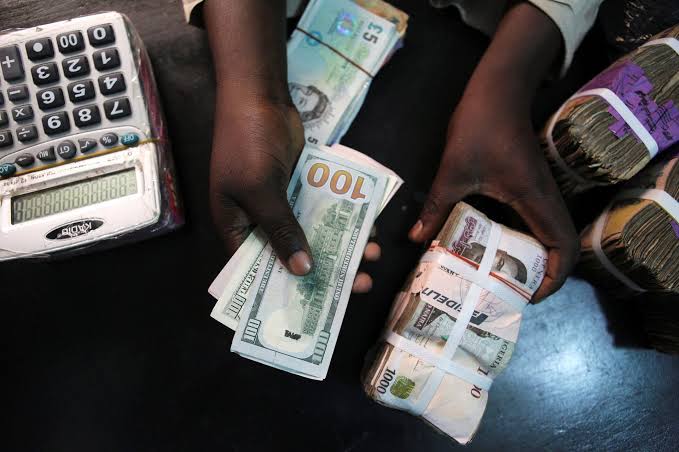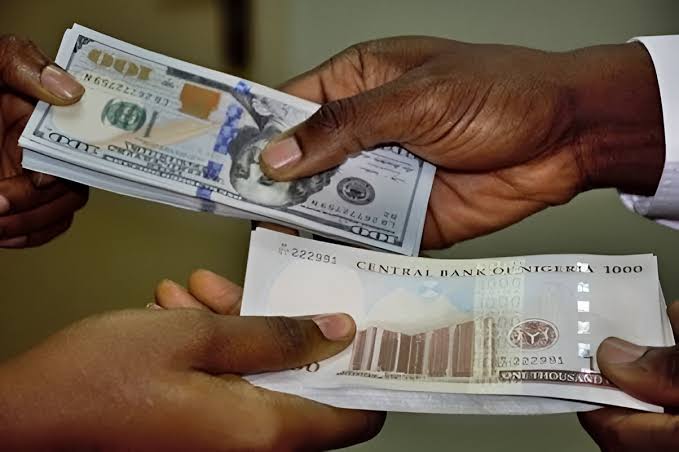
The naira maintained stability in the mid-₦1,400 range on official foreign exchange platforms on Wednesday, while the parallel market continued to quote significantly higher rates, hovering between ₦1,485 and ₦1,505 per dollar.
At the official Daily Nigerian Foreign Exchange Market (NFEM) — the Central Bank of Nigeria’s benchmark window — trading closed around ₦1,460 to ₦1,475 per dollar, reflecting limited fluctuations during the day.
Widening parallel market gap
Currency traders in Lagos and other major cities continued to sell the US dollar at a premium, with most quoting around ₦1,505.
This marks a spread of about ₦20–₦45 between the official and black market midpoints, underlining persistent dollar shortages and the country’s ongoing dual exchange rate system.
Reasons for the persistent spread
Market analysts say the disparity remains largely driven by high demand from importers and businesses struggling to access dollars through official channels. Many still turn to parallel dealers when bank supply slows down.


Although inflation has slightly eased, shifts in liquidity and policy directions continue to impact short-term exchange rates and market confidence.
Impact on individuals and businesses
The sustained gap means importers and traders paying for goods in dollars face higher costs when relying on the black market.
Conversely, those receiving foreign remittances may experience varying exchange values depending on whether they use official bank transfers or cash-based transactions at retail exchange points.

